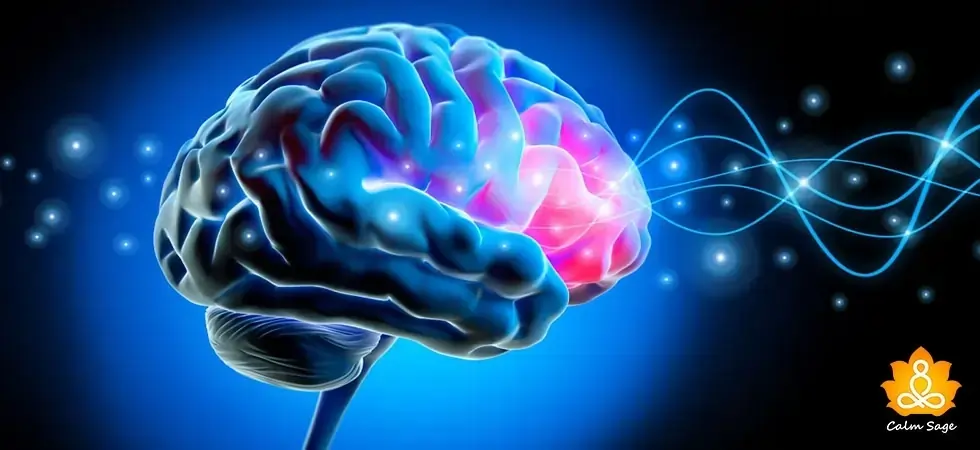Postpartum Psychosis: Signs, Causes And Treatment

When a woman becomes a mother, a lot changes in her body and her mind. Many people say that a woman just doesn’t give birth to her child but also births her new self. The entire birthing process is life altering, some process it well and succumb to the intensity of the process.
There are many physical and mental health conditions that a new mother experiences like postpartum depression, postpartum anxiety, postpartum psychosis, postpartum rage and a lot more. These conditions and find a home in any new mom, you don’t need to worry, all you need is professional guidance to help you get through this phase of your motherhood.
Every coin has two sides and so does motherhood, a difficult side and a beautiful one. We should embrace both the faces of motherhood because these are only going to make you a better mother than you already are. Having said that, it’s going to be a little taxing to deal with postpartum difficulties but there’s no battle a mother can’t win.
Today, we will be talking about one of the many battles a mother wins: Postpartum Psychosis!
Let’s Get started…
What Is Postpartum Psychosis?

Postpartum Psychosis is a mental health condition which attacks mothers after they have given birth. It is a severe condition which needs immediate attention. As the name suggests a mother experiences symptoms of psychosis during the postpartum period of a woman.
Postpartum psychosis should be brought to immediate attention because the mother experiences an intense emotional disconnect with the child. She is then governed by negative thoughts about this disconnect, leading her to even harm the child (in severe cases).
Most people confuse postpartum psychosis with postpartum depression since the symptoms of both can be blurry to a layman. In postpartum psychosis the mother experiences symptoms of bipolar disorder and not just depressive symptoms.
Also read: List Of Mental Health Disorders During Pregnancy
Early Signs Of Postpartum Psychosis
Recognizing postpartum psychosis in new mothers is very, very important. I say so because when a new mother is completely in control of her negative thoughts caused by postpartum psychosis, there is a chance of causing potential harm to the baby or self.
To stop any mother from doing such an ungodly act, we all need to know about the signs of postpartum psychosis so that we can easily identify the early signs of postpartum psychosis. To help you do just that here are all the signs of postpartum psychosis that you need to watch out for;
- Thought to harming the baby or throwing it away
- Experience flat affect
- Hallucinations & delusions
- Disturbed sleep (other than the sleep disturbances caused by nursing the baby)
- Emotionally distant with the baby
- Extreme changes in appetite
- Irritability, frustration, confusion
- Mood swings
- Inability to have any connection with the baby
- Suicidal thoughts

Postpartum Psychosis Causes/Risk Factors
Now, there is no one identified cause of postpartum psychosis. Anyone can develop postpartum psychosis but some people are at a higher risk. Let’s look at some risk factors of postpartum psychosis;
- History of postpartum psychosis
- History of bipolar disorder, schizophrenia
- History of Postpartum disorders in the family
- Stops treatment of a mental illness during pregnancy
- First pregnancy
It is very hard to determine the exact cause of postpartum psychosis. A woman is already going through a lot of hormonal changes during pregnancy and at child birth. Having to deal with all that already puts you at a risk. Fortunately, all sorts of mental disorders that develop after childbirth like postpartum psychosis are treatable. Let’s look at some treatment options for postpartum psychosis…
Postpartum Psychosis Treatment
Like I just said, postpartum psychosis is a treatable condition, therefore you just need some patience and professional guidance to come out of this phase of postpartum psychosis. Let’s see how;
- Antipsychotic drugs: these medicines help in reducing psychotic symptoms like hallucinations, intrusive thoughts, etc.
- Antidepressant drugs: these medicines will be prescribed to you if you experience depression symptoms.
- Mood Stabilizers: mood stabilizers help with the intensity of the mood swings that you experience during postpartum psychosis
- Electroconvulsive therapy: ECT is the last resort if drugs do not work for you in reducing your symptoms. ECT involves mind electric stimulation of the brain under anesthesia.
- Psychotherapy: along with medications, psychotherapy will help you understand your emotions and learn to process them properly.
That’s All Folks!
I hope you found this blog about postpartum psychosis informative and helpful. Do keep a note of the early signs of postpartum psychosis so that you can identify it in a new mom, especially in those who are at a higher risk of developing postpartum psychosis. Don’t forget to share the postpartum psychosis treatment options with them as well.
Thanks for reading.
Take care and stay safe.




















